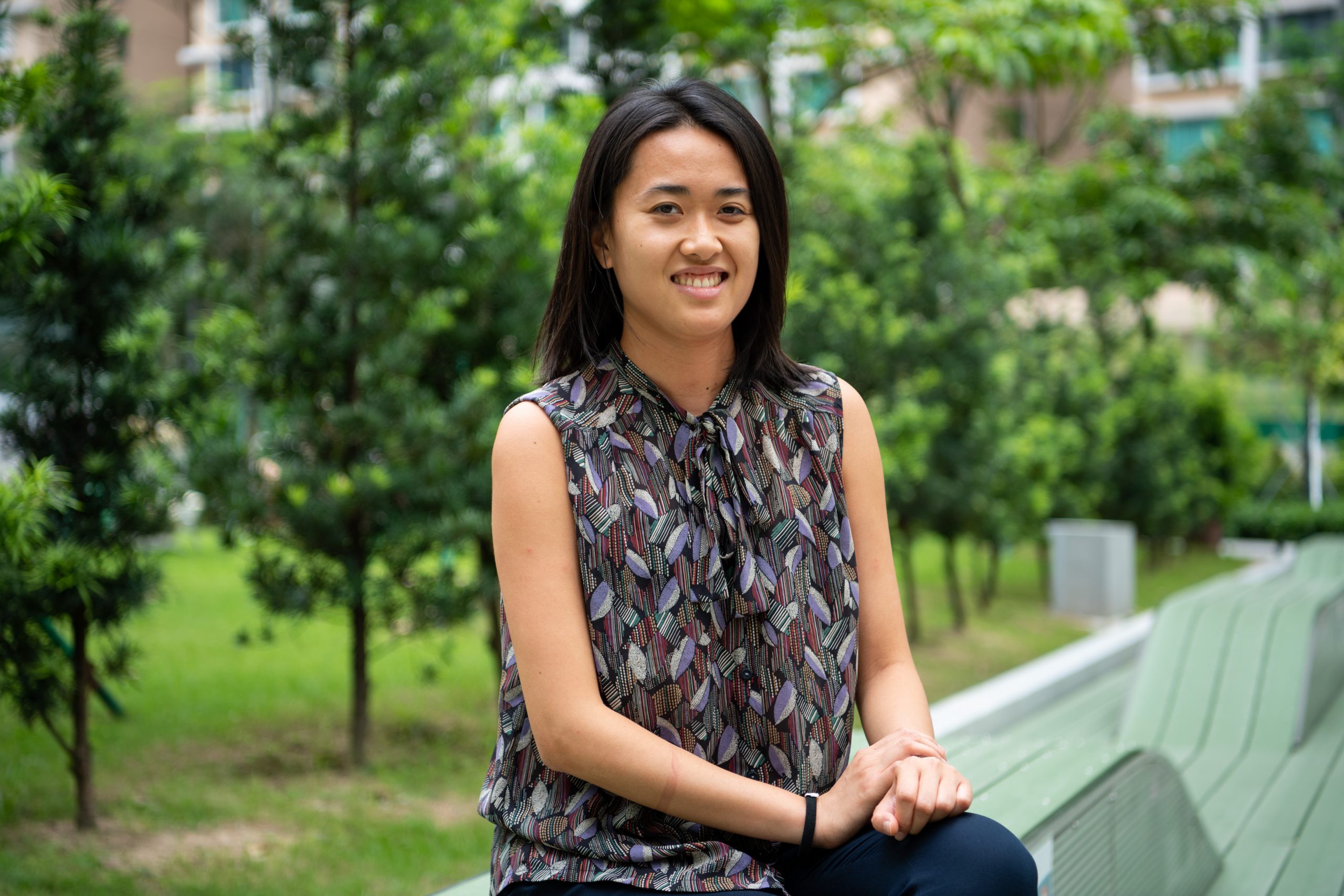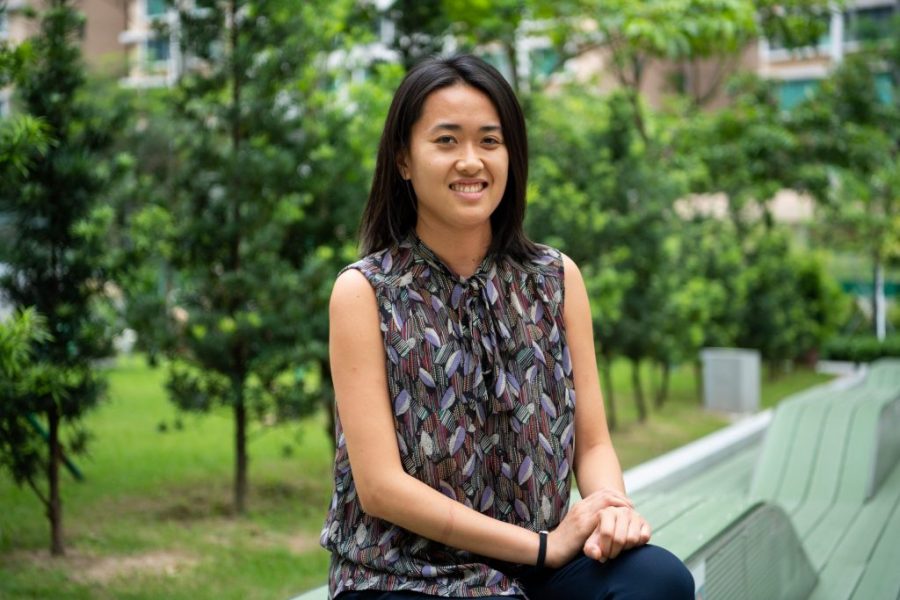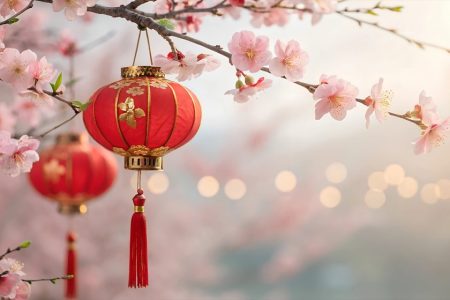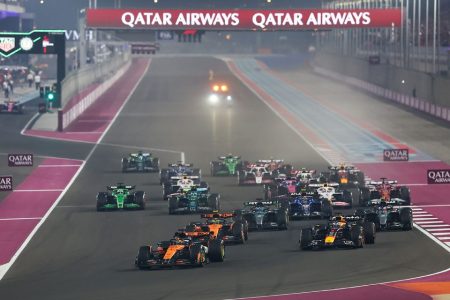Twelve years ago, Annie Lao left her hometown of Macao to pursue a Bachelor of Commerce at the University of Sydney. At the time, she didn’t expect to learn more outside the classroom than inside.
In Australia, she reconnected with nature and found a new purpose in life: to protect the environment. “I started buying fewer and fewer unnecessary items, such as clothing, shoes and gifts, then gradually transitioned to a plant-based diet,” Lao recalls.
It didn’t take her long to realise that buying less actually led to a more fulfilling life. “Since I feel less attached to the commercial world, I could spend more time reading books, gaining knowledge and exploring nature with like-minded friends,” she says of her shift towards minimalism.
In 2015, Lao returned to Macao, a city often characterised by neon lights and over-the-top casino resorts. Feeling stranded in an “eco desert”, she soon leapt into action to raise awareness about environmental issues.
Over the last five years, Lao has established herself as one of the most outspoken environmentalists in Macao. In 2018, she teamed up with four friends to launch an online petition urging the government to implement measures banning single-use plastics. The petition gathered over 5,000 signatures and, though it did not lead to any concrete results, Lao says it helped raise awareness about plastic waste in Macao.
In 2019, she became a co-founder of Macau for Waste Reduction, a local campaign aiming to promote clean recycling in the city. On the second Saturday of each month, the group runs five recycling stations across the city and, so far, they have diverted nearly three tonnes of plastic, aluminium and paper from landfills. Lao also visits local universities regularly to share her experience promoting sustainability.
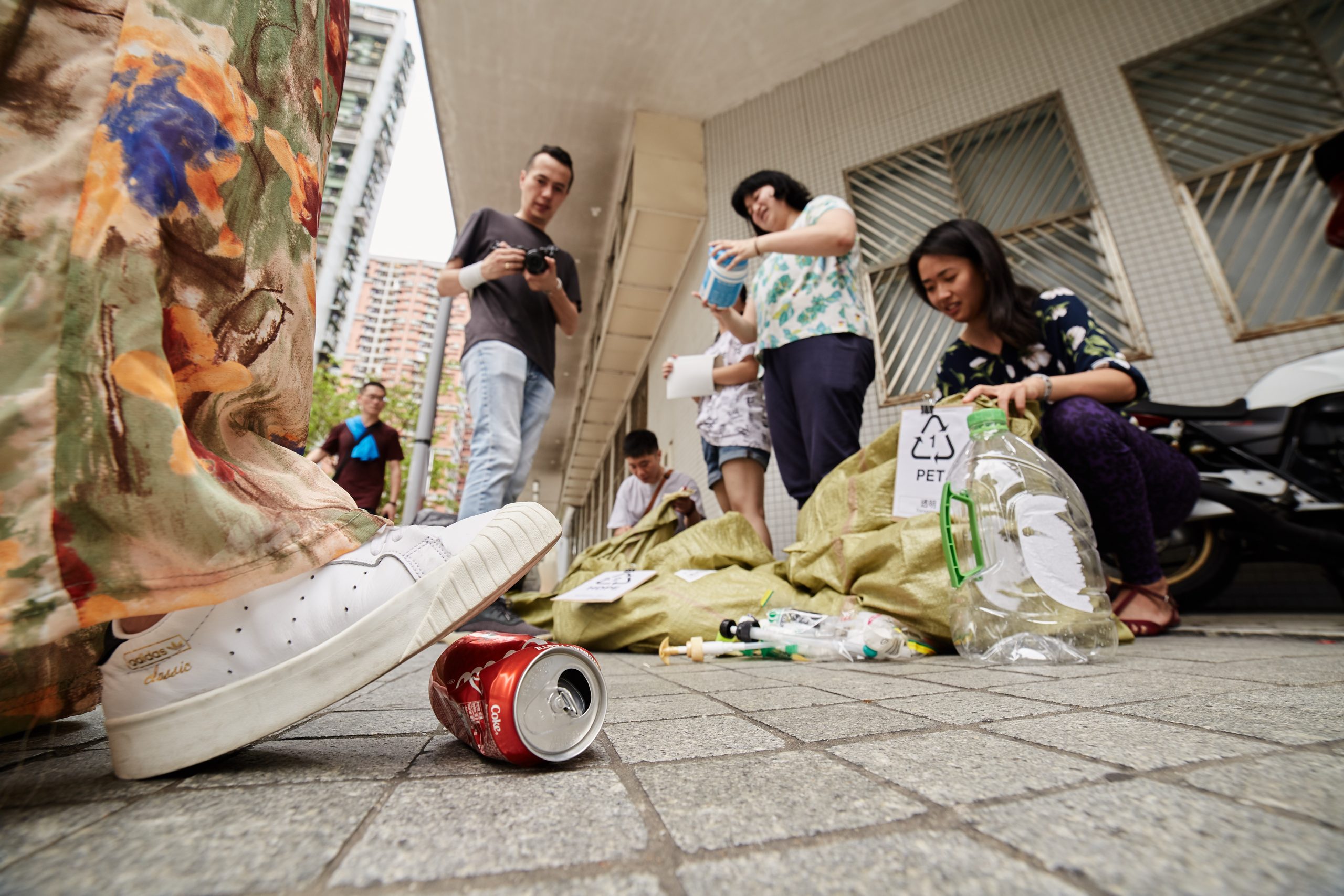
With a new year ahead of us, there’s never been a better time to take stock of your own environmental footprint. We asked Lao to share her tips on how to tread lightly on this planet with eight small but impactful changes.
1. Adjust your diet
“I always think about how the food I eat has been produced and how it arrives on my plate. Is it grown or raised on illegally cleared forests? Does it have to travel a long way to come to Macao? All these factors add up to the environmental impact of what you eat,” says Lao.
“I switched to a plant-based diet seven years ago, after realising that plant-based food is more environmentally friendly than [consuming factory-farmed] animals. You can start by going meatless once per week and gradually transition to a wholesome, plant-based diet.
“For instance, studies have found that if all Americans skip meat one day a week, the country could reduce greenhouse gas emissions by 1.2 million tonnes of carbon dioxide each year.
“The most important thing is that you are comfortable with what you eat. If you force yourself to change your diet drastically, it usually won’t last because you are likely unable to adapt to it.”
2. Buy only what you need
“That same thought process also applies to shopping, because everything we consume has an impact on the environment, including something as basic as a T-shirt. Before buying anything, I always ask myself: do I really need this? Buying something we don’t need only makes for more waste.
“If I need to buy something, I consider the production process and the materials a product contains. These questions help me make conscious choices when shopping.
“Buy products made from recycled materials; support local second-hand stores (such as The Salvation Army Family Store at Avenida de Horta e Costa 107, Edificio Tak Pou On, R/C, Flat AC, Macao).
“Or join the resource exchange parties or upcycling workshops hosted by local zero-waste campaigns like Macau Free Cycle. These are great ways to give a second life to things that we would otherwise throw away.”
The Salvation Army Family Store:
Opening hours: Mon-Sat 10 am-8:30 pm; Sunday & public holidays 2-8:30 pm; (853) 6328 884
3. Recycle what you can, but don’t depend on it
“Sometimes, no matter how hard we try, we inevitably produce waste. Therefore, I always opt for the products that come with a recyclable container.
“Today, the government is doing a lot more to promote recycling practices in Macao. For instance, they have set up 42 plastic bottle collection machines and host recycling stations in different parts of the city. Macau for Waste Reduction also collects recyclable materials every second Saturday of every month.
“These recycling stations collect materials such as plastic, aluminium cans and cartons. However, the items collected by each station may be slightly different. Make sure you check with the organisers first before you pay the visit.
“While we should all try to recycle, I want to emphasise that recycling is not the best long-term solution for plastic waste due to commercial interests.
“The prices of recycled plastic are always changing; sometimes, the price falls so low that factories may stop processing discarded plastic. As a result, the plastic materials collected from the citizens will just end up getting dumped.
“Besides, the recycling industry also consumes a lot of energy and water. Therefore, waste reduction is the only solution.”
4. Prevent waste with reusable items
“Macao has a serious garbage problem due to the overwhelming influx of visitors every year. However, I believe that each citizen can still play an important role in reducing the city’s waste burden.
“To me, source reduction – stopping waste before it happens – is the golden rule. It’s all about keeping the zero-waste principle in mind.
“Bring a reusable water bottle; provide a reusable box for take-away food; bring a reusable grocery bag when shopping; shop at local zero-waste bulk buy shops (such as Mei Lon and Less is More) – these are some of the zero-waste practices we all know.
“You can also reduce waste by asking shopkeepers not to print receipts and taking a photo of a restaurant menu instead of a paper leaflet. These actions may sound simple, but if we all decide to do that, it will certainly make a huge difference.”
5. Walk, bike or take public transportation
“It’s a pity that cycling as a means of transport is still not very practical in Macao – the roads are too narrow and congested. However, since it is a small city, almost everywhere is within walking distance.
“Buses are also easy to use and plentiful. If you want to reduce your transportation footprint, taking public transportation is an obvious choice.
6. Explore Macao’s natural wonders
“Since Macao is so small, I used to think that I should travel abroad for every holiday. But due to Covid-19 restrictions, I have spent more time exploring the city’s natural landscape.
“I go hiking in Coloane every weekend and, each time, I am thrilled by the natural wonders I discover along the trail, from the wide variety of bird and insect species to the seasonal changes in the flowers and foliage.
“As Macao residents, we need to learn more about our city’s biodiversity because this will make us feel more committed to protecting it.”
7. Educate yourself about environmental issues
“Over the years, I’ve been inspired by the volume of meaningful documentaries, podcasts and books on environmental issues. For instance, Bea Johnson’s Zero Waste Home and The Minimalists Podcast by Joshua Fields Millburn and Ryan Nicodemus are great resources.
“I highly recommend COWSPIRACY: The Sustainability Secret, a powerful documentary that exposes the dark side of animal agriculture. In fact, this film has inspired me to switch to a plant-based diet!”
8. Take Action!
“If you want to make an even bigger impact, volunteering is a great step. A lot of environmental groups and NGOs are doing great work to make Macao a greener city, but they need your support!
“Choose the issues you care about the most, from promoting clean recycling with Macau for Waste Reduction to participating in Macau ECOnscious’ beach cleanups and Oxfam’s food recycling programme.
“You can also gain a lot from volunteering, such as meeting more people and learning how to organise an event. It’s a win-win situation!”
